Empower this Tribe.... Preserve this Craft.
Change the future of a tribal group in Southern India, by helping us establish a training program, create a workshop and market the craft.
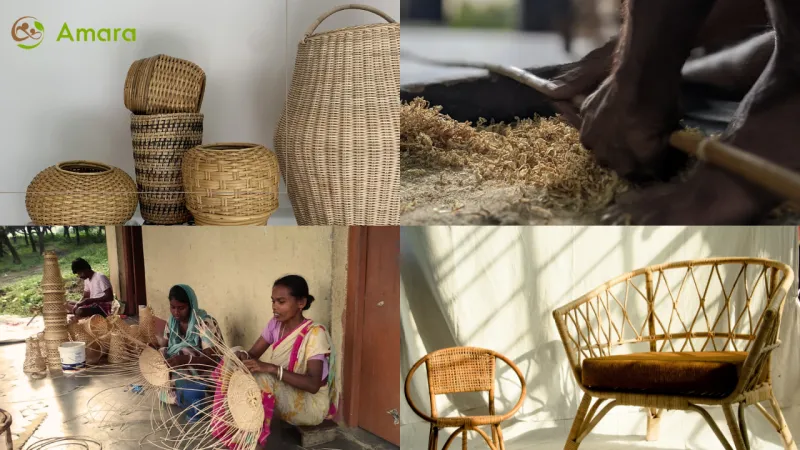
Project Description
What is the mission of your company or project?
Our mission is to empower rural India’s artisans, while providing the global customer the richness of experience, created by traditional craft, conventional manufacturing techniques and sustainable materials. Our goal is to enhance and elevate the life of artisans and preserve the craft that has passed on for generations.
On our journey to provide basic necessities of women and children in the villages, we met a tribal community in South India. Belonging to a hamlet near Gudalur (Tamil Nadu), the Paniyar community has been identified as the most marginalized out of the 36 odd tribal communities residing in Tamil Nadu. Due to the absence of education, awareness and basic sanitation facilities, the Paniyar community till date struggles to meet their bare necessities. Since Amara’s inception, we have focused on providing long term sustainable income to the artisan communities, but we want to take this to the next level, by training this tribe and empowering them beyond their basic needs.
This fundraiser project’s mission is hence to provide hands-on training to the enthusiastic youth of the Paniyar community, thereby elevating the tribe’s personal and economic growth. Our vision will be realized by giving first hand training on bamboo and rattan work through a reputable training center in South India. This way, we can utilize this skill to engage them in creating products for Amara, which will provide them with sustainable income and would eventually overcome their financial crisis.
Describe the problem you are solving
The project intends to provide sustainable income to a tribal community that is struggling economically, culturally, and socially to lead a life with basic human needs.
The Paniyar Community (the tribal group that we want to provide for via this project) can barely survive for 6 months with agriculture being their only occupation. Considering the climatic and agricultural land ownership problems, they can only grow coffee and pepper, which provides them with income for only half a year. Moreover, they get drinking water from the tap only once in 8 DAYS which has led to serious health problems in the entire community.
Most of the population consists of school dropouts (7th or 8th Grade), because of limited education availability. This limitation makes them unfit for office jobs. Some 12-15 young tribal men were trained by a local businessman for a project, which has helped us identify their skills and their adaptability to different natural materials to work with. Starting by providing professional training to 3 women and 3 men, our goal is to bring a new culture, fair wages and a new skill set to this community.
What is the market size/opportunity?
The global eco-friendly furniture market size was valued at USD 14.00 billion in 2020, USD 14.80 billion in 2021 and increased significantly to USD 43.26 billion in 2022. The market size is expected to expand at a compound annual growth rate of 8.6% from 2022 to 2030. Growing consumer awareness of sustainability and the rising inclusion of sustainable raw materials in various furniture are likely to propel the market.
In addition, increased health risks caused by traditional furniture which releases harmful pollutants such as volatile organic compounds (VOCs) and causes allergies, migraines, and asthma continues to drive demand for eco-friendly interiors. This, in turn, has raised the preference for eco-friendly furniture produced using natural materials. Growing acceptance of eco-friendly workplaces has also added to the growth of the market in the commercial sector. According to the EPA, 8.5 million tons of office furniture is dumped into landfills each year. Therefore, there is high availability of sustainable materials to produce various types of furniture such as reclaimed wood, rubberwood, bamboo, rattan, and wicker.
What is your company/product about and how does it solve the problem?
At Amara, we combine our love for traditional Indian art with our passion for elegant and unique designs. All our products are made with 100% natural rattan and other natural fibers that are easily available in India. Each product at Amara is handmade using minimum tools in the making process. We make sure that the scraps are reused to their best capacity to make smaller items. We are mindful of the planet and the material that we choose, we are conscious at every step of the production process, and enlightened by the impact a product can make across its life cycle.
We strive to keep this art of making handmade furniture alive by giving opportunity to existing artisans in many parts of the country by bringing their items to the global market and by finding potential rural and tribal groups to train them to be skilled at this craft. This tribal group has a flair for handmade craft and are enthusiastic and willing to learn a new skill set. We will coach and educate them to create products that meet international standards and give them a platform at Amara. This training & development program is the first step to bring them close to earning a sustainable livelihood round the year.
Why are you seeking funding and how will you spend the funding?
We are a small business currently growing, finding our space and gradually making a mark in the sustainable home décor industry. The funds will be used to provide hands-on training to 3 men and 3 women of Paniyar Community from a village near Gudalur, Tamil Nadu, India. The funds will be utilized to set up a workshop for them to create the products and bring them to the US market and market them.
Updates
The Campaign FAQs
Frequently Asked Questions:
- Please, replace this example content
Just Because I Care
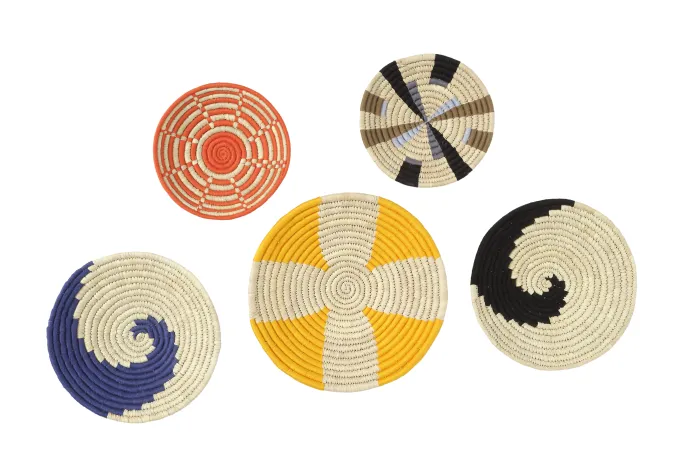
Bring a smile on an artisan's face by adding a colorful handwoven basket in your home! You get one of large baskets and the vibrant color shall always remind your little gesture has played a huge role in someone's life!
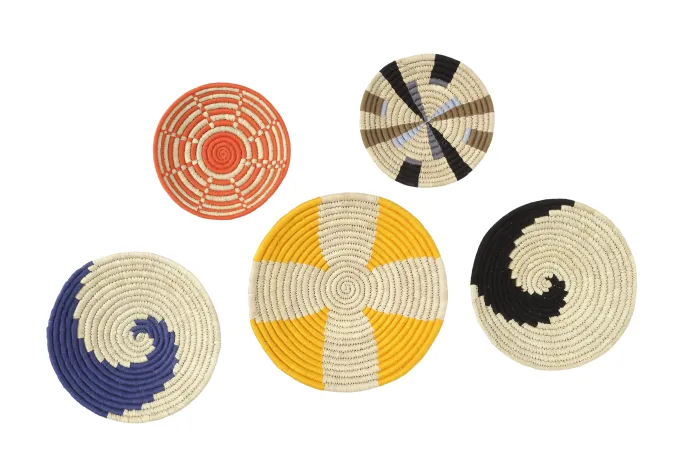
Get not just one, but three beautifully handwoven baskets that would brighten up your home and the lives of our tribal group with your contribution!
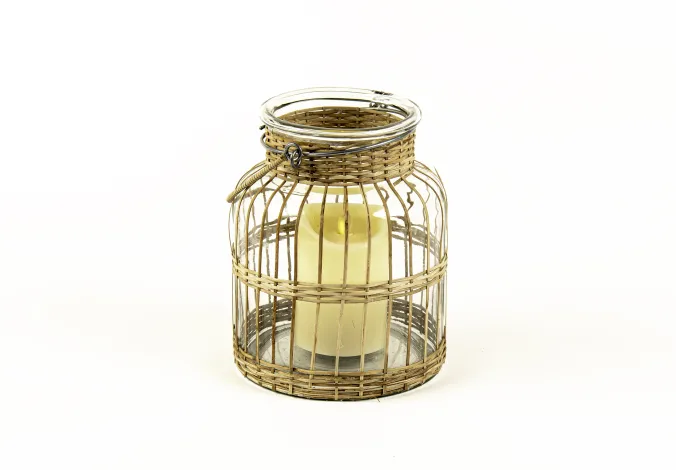
Every time you light the candle, know that you have sparked some light at the end of the tunnel for a community in need. Thank you for your love & light!
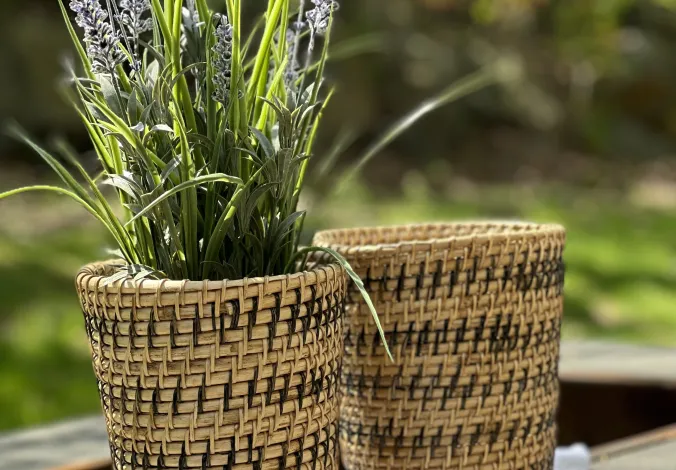
Yay! You just planted some hope and strength in an artisan's life.
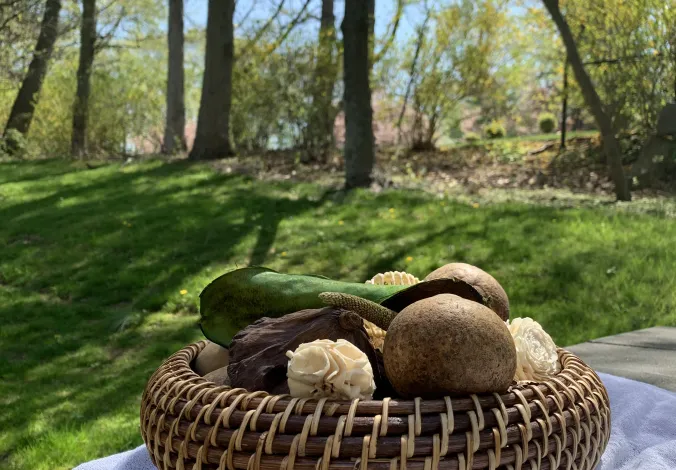
By adding some nature and one-of-a-kind aesthetic value to your homes, you are also adding joy and happiness in the lives of the tribal community! Thank you for being a source of their joy!
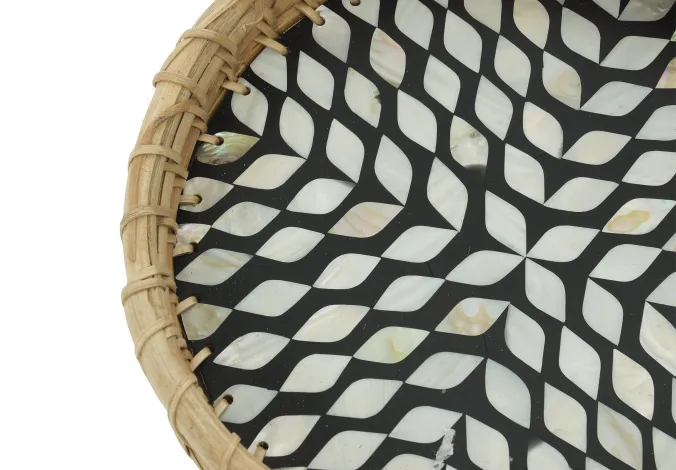
By choosing this mix of modern yet traditional, you're giving wings to our artisans to keep trying something new!
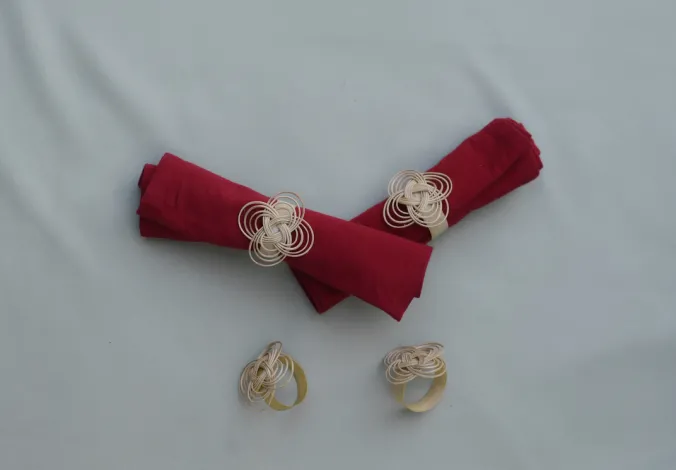
How lovely to place a french braid handwoven with bamboo on your tabletop! By picking this beauty, you are making our women artisans do a little happy dance!
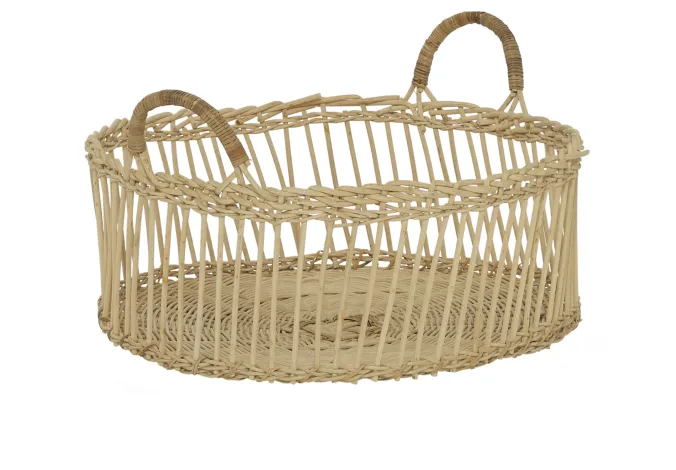
If you love something contemporary, youthful yet traditional, this one is for you! Handmade with love :)
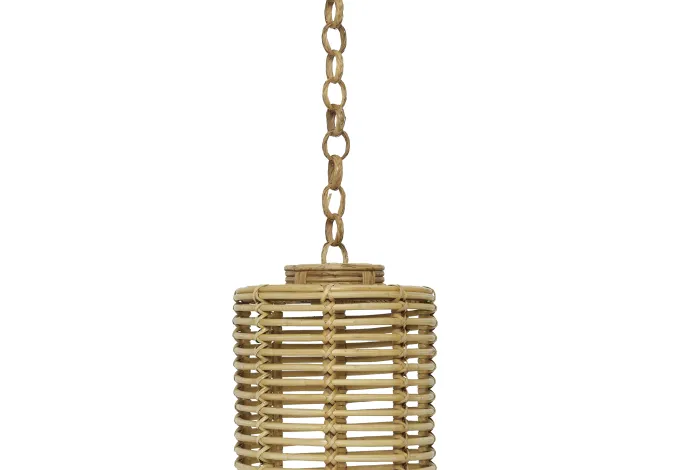
Thank you for being the light and shade for this tribal community! May this lampshade illuminate your life and remind you of the light that you've planted in someone's life by choosing to contribute in this mission!
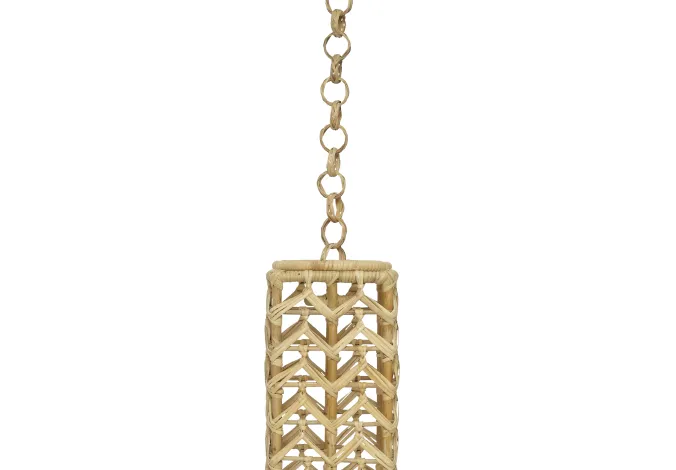
Thank you for being the light and shade for this tribal community! May this lampshade illuminate your life and remind you of the light that you've planted in someone's life by choosing to contribute in this mission!
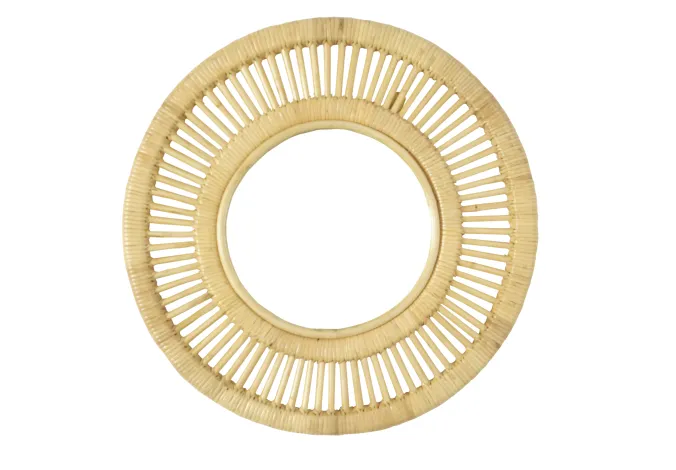
We are so grateful for your help and investment to uplift the lives of this community. This mirror shall always reflect the goodness and kindness in you!
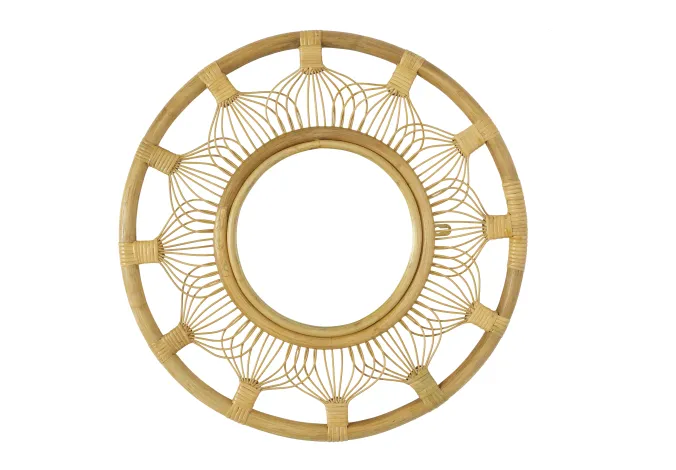
We are so grateful for your help and investment to uplift the lives of this community. This mirror shall always reflect the goodness and kindness in you!
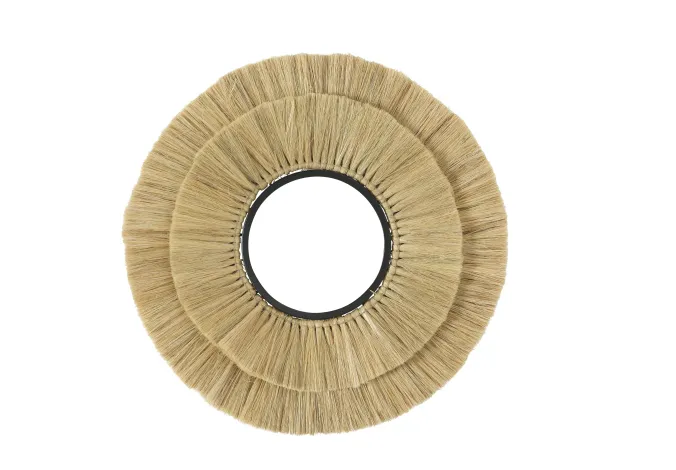
We are so grateful for your help and investment to uplift the lives of this community. This mirror shall always reflect the goodness and kindness in you!
Rewards
Just Because I Care

Bring a smile on an artisan's face by adding a colorful handwoven basket in your home! You get one of large baskets and the vibrant color shall always remind your little gesture has played a huge role in someone's life!

Get not just one, but three beautifully handwoven baskets that would brighten up your home and the lives of our tribal group with your contribution!

Every time you light the candle, know that you have sparked some light at the end of the tunnel for a community in need. Thank you for your love & light!

Yay! You just planted some hope and strength in an artisan's life.

By adding some nature and one-of-a-kind aesthetic value to your homes, you are also adding joy and happiness in the lives of the tribal community! Thank you for being a source of their joy!

By choosing this mix of modern yet traditional, you're giving wings to our artisans to keep trying something new!

How lovely to place a french braid handwoven with bamboo on your tabletop! By picking this beauty, you are making our women artisans do a little happy dance!

If you love something contemporary, youthful yet traditional, this one is for you! Handmade with love :)

Thank you for being the light and shade for this tribal community! May this lampshade illuminate your life and remind you of the light that you've planted in someone's life by choosing to contribute in this mission!

Thank you for being the light and shade for this tribal community! May this lampshade illuminate your life and remind you of the light that you've planted in someone's life by choosing to contribute in this mission!

We are so grateful for your help and investment to uplift the lives of this community. This mirror shall always reflect the goodness and kindness in you!

We are so grateful for your help and investment to uplift the lives of this community. This mirror shall always reflect the goodness and kindness in you!

We are so grateful for your help and investment to uplift the lives of this community. This mirror shall always reflect the goodness and kindness in you!